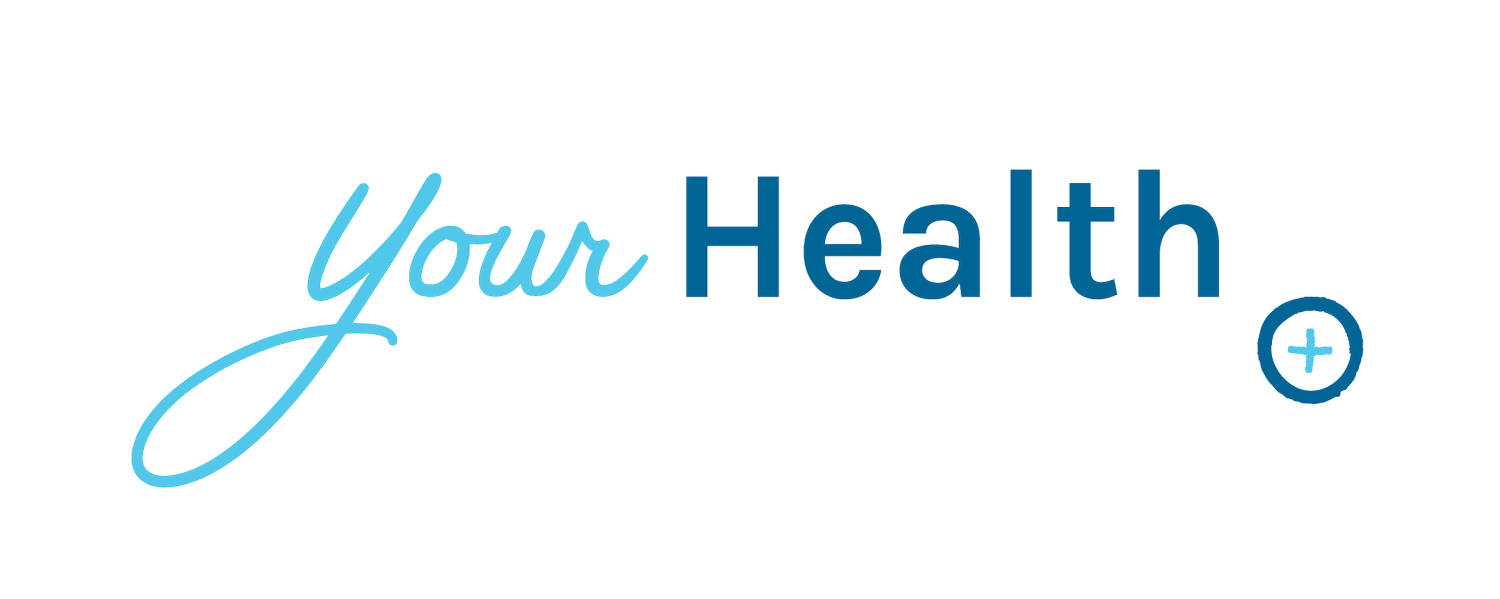From Devastation to Hope: Communities Rallying After Hurricane Helene
WRITTEN BY: TAYLOR AUSTIN
For a large majority of South Carolina and Georgia residents, we woke up around 5AM to a world we never thought could exist. Once the clouds cleared and we stepped outside to assess the damage, our hearts sank at the sight of how our communities had been transformed. Hurricane Helene hit South Carolina with ferocity, leaving behind a trail of devastation that affected not just our patients but also our dedicated employees. The impact of this natural disaster rippled through our communities, revealing our neighbors' vulnerabilities and remarkable resilience.
Hurricane Helene brought overwhelming challenges. Homes were damaged, families were displaced, and the loss felt unfathomable. In the face of such adversity, however, I have seen a tremendous outpouring of support among our community members. Neighbors opened their homes to strangers who found themselves without power, offering warmth and shelter in a time of need. Donations of clothes, food, and essential equipment poured in as people came together to help those who were hardest hit. Witnessing this collective spirit of generosity is heartwarming, showcasing the best of humanity when times are the most challenging.
While we mourn the losses, we also recognize the incredible strength displayed within our communities. The journey to rebuilding will undoubtedly take time, but we are all working toward the same goal: returning to our lives before the storm. This shared purpose binds us together, reminding us that we are not alone in this struggle.
Navigating the recovery process can feel daunting for those directly impacted by Hurricane Helene. If you need assistance, FEMA's Individuals and Households Program (IHP) offers crucial support for eligible individuals and households affected by the disaster.
Helene Aftermath in Aiken, SC
Helene Aftermath in Aiken, SC
Helene Aftermath in Aiken, SC
Do You Qualify for FEMA Assistance?
To qualify for FEMA assistance, you must meet the following criteria:
Citizenship Status: You must be a U.S. citizen, non-citizen national, or qualified non-citizen.
Disaster-Caused Needs: Assistance is available for uninsured or underinsured necessary expenses directly caused by the disaster.
Insurance Coverage: FEMA provides aid only when your insurance or other disaster assistance doesn't cover all needs.
Primary Residence Damage: The damaged home must be your primary residence. Proof of ownership is required for home repair or replacement.
How to Apply?
To apply, register with FEMA by:
Applying online at disasterassistance.gov
Calling 1-800-621-3362
Visiting a Disaster Recovery Center in person
When you apply, have your Social Security number, insurance information, address, and a description of the damage ready.
Types of Assistance Provided:
Housing Assistance: Help with rent, hotel stays, home repairs, or replacement.
Other Needs: Coverage for medical, dental, childcare, personal property, transportation, and funeral costs.
Document Everything:
Keep records of receipts and photos of damage to support your application.
Respond Promptly:
Quickly reply to any requests from FEMA to avoid delays in processing your application.
Appeal Rights:
If denied assistance, you can appeal within 60 days by providing additional documentation.
For a complete summary of the Individuals and Households Program, please click here. Remember to apply as quickly as possible while keeping your safety in mind.
In the aftermath of Hurricane Helene, our communities have shown remarkable resilience and unity. Together, we will navigate this recovery journey, and our collective strength will guide us back to brighter days. If you or a loved one has been affected and needs medical support, please get in touch with us at Your Health. If you want to speak to someone on your care team immediately, we encourage you to call us. You can either use the usual number you call or reach us at 800-491-0909. Due to the high call volume we are experiencing, it may take extra time to respond. We are here to help you through this challenging time.
Click here for more information on possible sheltering and housing assistance for disaster survivors.



